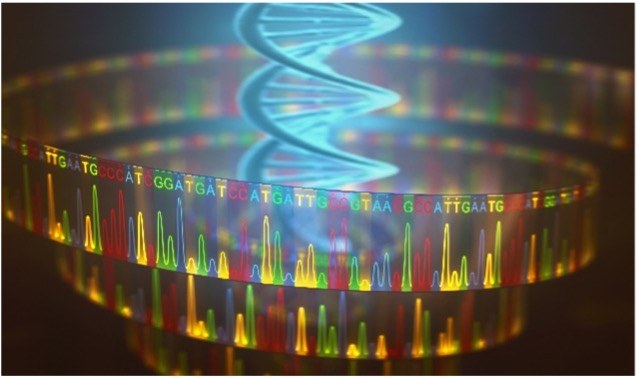
Ophthalmological diseases are a significant cause of blindness and include a wide variety of conditions that affect different eye tissues, such as the macula, cornea, optic nerve, etc.
Thanks to current advances in genetic testing, NIMGenetics offers a comprehensive genetic approach to study these alterations, using a sequential combination of different techniques.
Check our range of NGS genetic testing services for ophthalmological conditions here
Massive parallel sequencing has revolutionised genetic testing, allowing sequence alterations (point mutations and indels) of multiple genes to be analysed in parallel, thus increasing the speed and success rate of molecular diagnosis. This technique has also evolved to be able to screen for large rearrangements.
NOur NGS tests include:
Given that different approaches vary fundamentally in the scope and flexibility of testing, NIMGenetics offers selective sequencing of specific gene panels or of the whole exome (WES, Whole Exome Sequencing).
ExoNIM® Clinical: ExoNIM® approach that focuses on analysing genes with OMIM (Online Mendelian Inheritance in Man) phenotype. The whole sequence is stored, allowing different sequential analyses to be carried out.
ExoNIM® Trio: Whole exome sequencing (WES) test of the patient and their parents, allowing the patient’s 22,000 genes to be analysed based on their phenotype and the inheritance pattern of the identified variants. In addition to point mutations and indels, this ExoNIM® approach allows CNVs between 200kb and 10Mb in size to be studied.